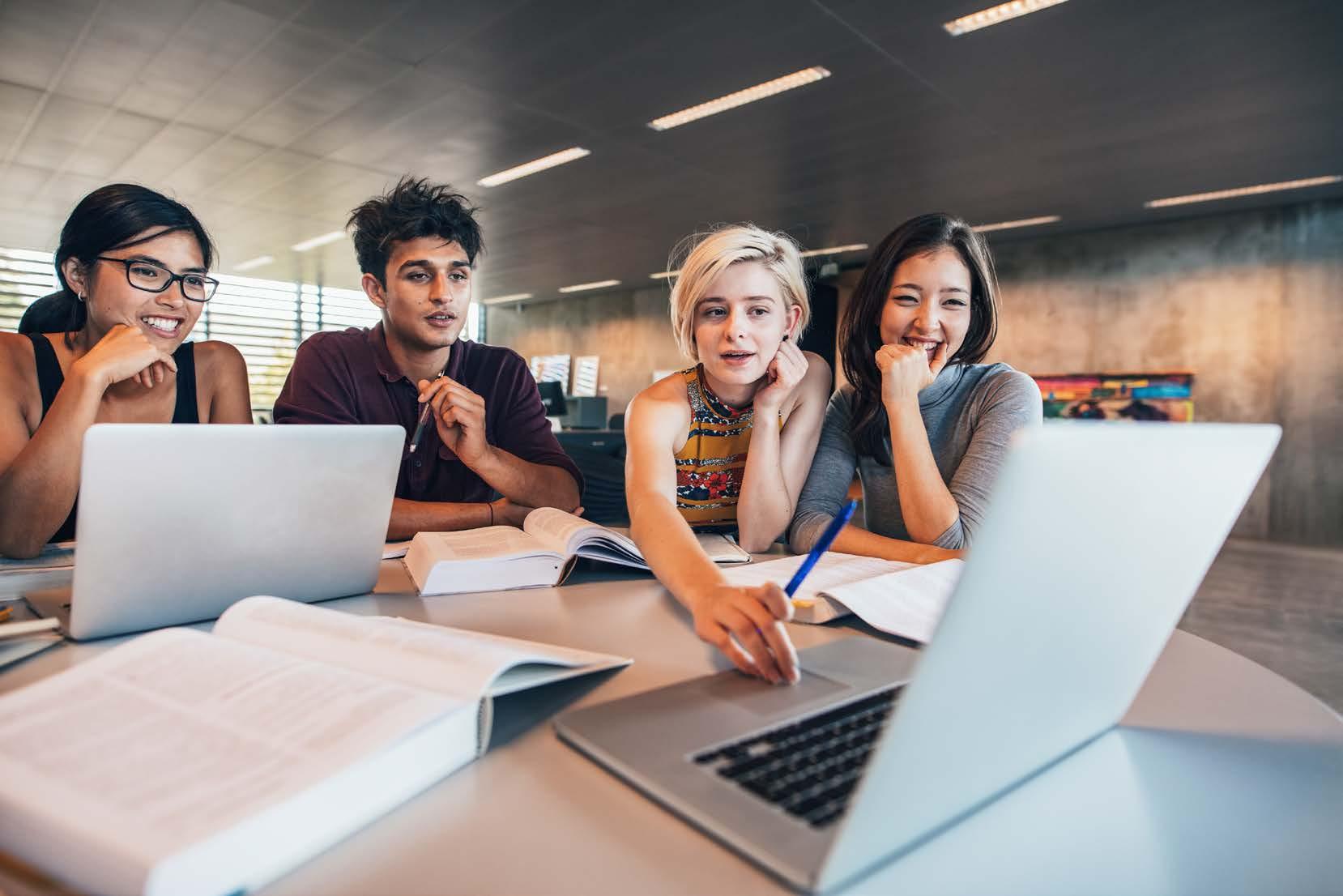
3 minute read
Reconciliation Starts at Post-Secondary Education
Perhaps the most memorable analysis related to the Truth and Reconciliation Commission and their recommendations for Canadians is the quote often repeated by Commission Chair and former Senator Murray Sinclair that “education has gotten us into this mess and education will get us out.” The wording on the quote has varied but the message is consistent.
The initial reference applies to residential schools. The second relates to post-secondary and other programs that will address many historic inequities in the national education system and define the future direction of and commitment to reconciliation.
Senator Sinclair also observed that education is the focus of reconciliation and central to changing the relationship between Indigenous and non-Indigenous people. His message has also consistently advanced the belief that all Canadians, collective and individually, need to do more to address past decisions for moving forward from past inequities. Newly appointed University of Waterloo President Vivek Goel, in a July 2,2021 Globe and Mail column, noted that a successful post-pandemic university will be one that seizes technological advances to build on centuries of expertise and subsequently use technology as a tool to break down barriers to access.
Universities must ensure our brightest minds obtain the same opportunities to innovate. This principle starts with ensuring every member of our community feels represented and empowered. For these institutions and the communities they serve, the outbreak of COVID-19 has made the important work of reconciliation with Indigenous peoples all the more urgent. A July 13, 2021 editorial in The Toronto Star cited a recent Royal Bank of Canada (RBC) study that documents an alarming and emerging gap between Indigenous and non-Indigenous Canadians in relation to digital literacy. Indigenous youth are less confident in their skills, which originates from only a quarter of their households possessing access to quality, high speed internet. As The Star editorial board notes, another generation is falling behind at the very time when jobs and the economy are experiencing a massive technological transformation. Nearly two-thirds of jobs held by Indigenous workers are at risk of disappearing or significant adjustments as robotics and automation transform both skilled trades and resource-based sectors.
Indigenous youth are the fastest-growing cohort of Canadian youth, with their numbers expanding four times quicker than the non-Indigenous population. Indigenous high school graduation rates are improving, but only 45 percent of Indigenous Canadians possess a post-secondary education compared to 71 percent of the non-Indigenous population. The overall conclusion originating from the RBC report is that rapid expansion of high-speed broadband internet and greater access to digital tools will be critical for Indigenous youth to take advantage of the decentralized and postpandemic economy, and position them for new opportunities in online health and education services, e-commerce and digitally enabled mining, forestry and agriculture. The Royal Bank recently appointed former Six Nations of the Grand River Territory Chief Roberta Jamieson to their board of directors effective for August 1 of 2021. She is also the first Indigenous woman to earn a law degree in Canada. As Murray Sinclair noted, we owe it to each other to build a Canada based on our shared future. This cannot occur until equity of access to education and career opportunities is addressed. Waterloo Region has constructed a global profile and reputation for our local post-secondary educational institutions. The unique and innate relationship between business and universities has also been identified as the foundation for our national and global economic success. Many communities across Canada consider Waterloo Region as a model to be duplicated. We collectively have an obligation and responsibility to lead on reconciliation and Indigenous education. As UW President Vivek Goel states we have to break those barriers to equity and ensure, as the recent RBC report notes, Indigenous students can close the digital divide to acquire the skills for technology applications. Governor General Mary Simon noted in her inaugural address on July 27, 2021 that reconciliation is simply getting to know one another – a simple goal that we can all obtain. Canada has institutions of higher learning that innovate and develop global leading technologies. However the fundamental principles of collaboration and connecting are paramount.
ABOUT THE AUTHOR Art Sinclair
Art is Vice President Policy and Advocacy for the Greater Kitchener Waterloo Chamber of Commerce.





